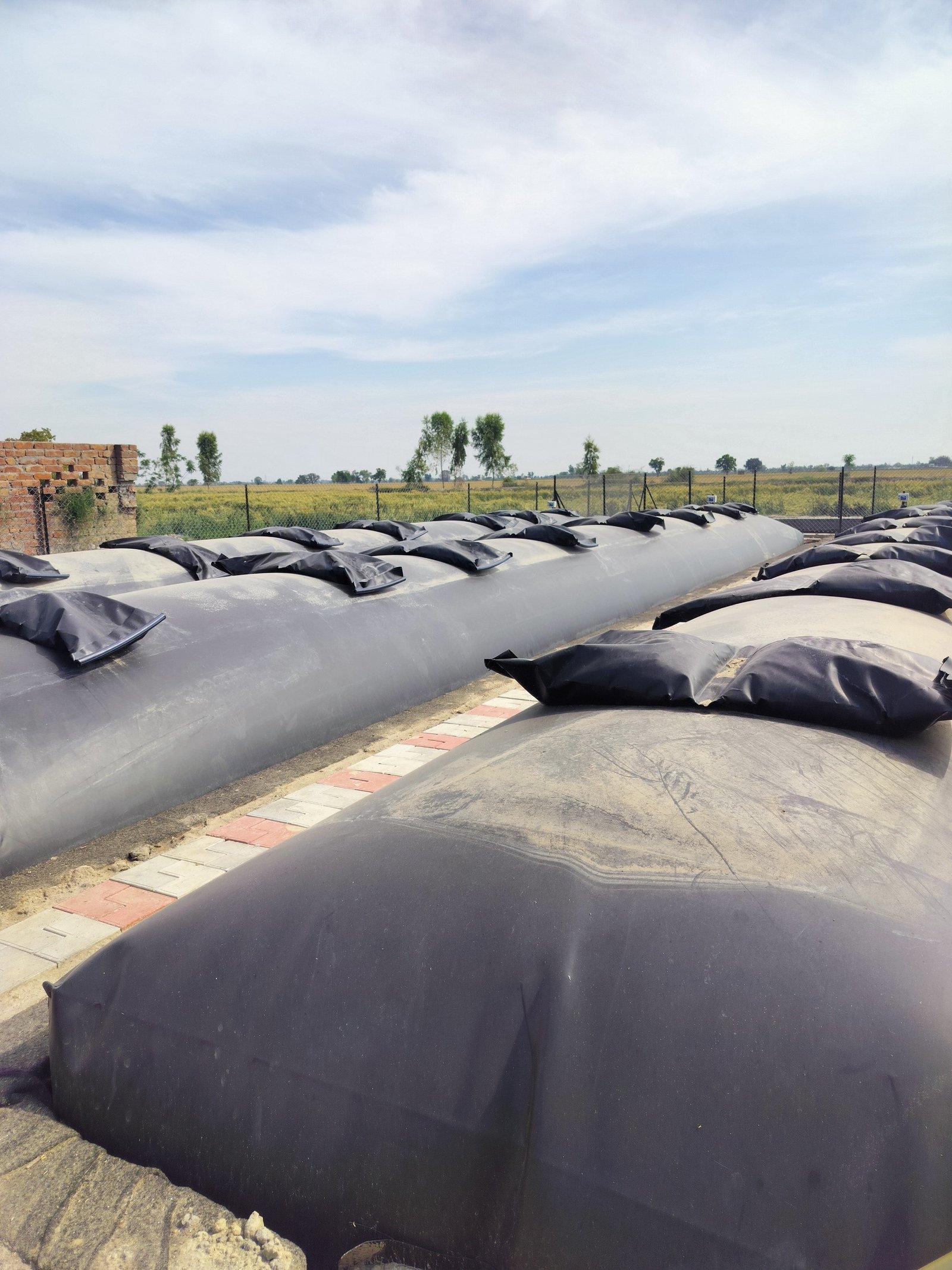Inside BENEO’s new pulse plant: pioneering sustainable protein from faba beans
The residual manure in the biodigesters is converted to biofertiliser and used in farms and kitchen gardens
Nestlé India is demonstrating its unwavering commitment towards responsible sourcing and reducing emissions from the dairy farms with the ‘Biodigester Project’. The biodigester technology transforms cattle manure into clean biogas, reducing the carbon footprint of dairy farms. The remaining slurry is utilised as natural fertiliser, contributing to regenerative agriculture practices. As a part of this initiative, Nestlé India is in the process of installing almost 70 large biodigesters and more than 3,000 small biodigesters in 24 districts across Punjab and Haryana.
Small dairy farms where manure from cattle is left exposed, become a critical source of GHG emissions. Once fed in the biodigesters, the manure goes through microbial breakdown and generates biogas. The small biodigesters can produce biogas which can replace LPG and fuel wood resulting in reduced risk of smoke-related health hazards for the farmers and immediate monetary benefits. Beyond these benefits, the large biodigesters are also capable of generating electricity which is 100 per cent renewable, thus positively impacting the environment. The residual manure in the biodigesters is converted to biofertiliser and used in farms and kitchen gardens.
Commenting on this initiative, Sanjay Khajuria, Director, of Corporate Affairs and Sustainability, Nestlé India said, “Nestlé India’s Biodigester Project is an example of how our efforts are aligned with India’s strategic priorities on sustainability, optimisation of resources and regenerative agriculture. Biogas generated from the Biodigesters reduces the farmers’ dependence on fossil fuels while the bio-fertilisers minimise their reliance on chemical fertilisers. These savings in turn help the farmers invest more in their farms and their wellbeing.”

